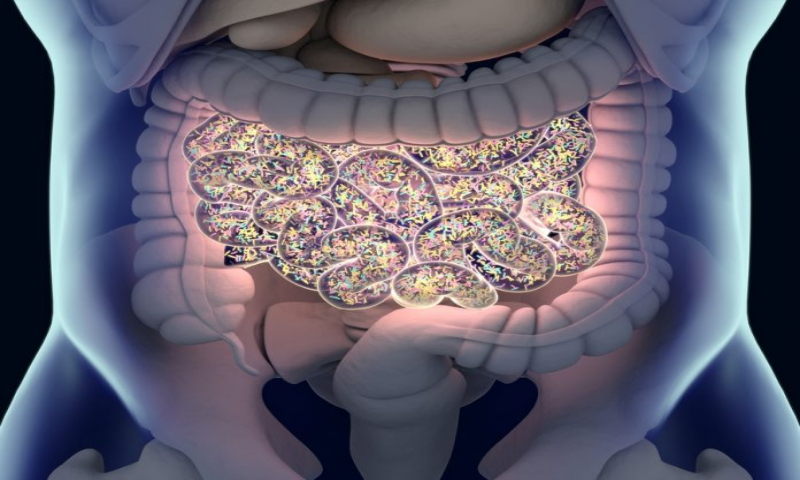We are human-microbe superorganisms
By Erin Elizabeth

Written By Michael Greger M.D. FACLM
The microbiome revolution in medicine is beginning to uncover the underappreciated role our healthy gut bacteria play in nutrition and health.
RELATED STORY: https://www.healthnutnews.com/the-microbiome-in-your-body-thrives-with-regular-physical-contact/
Recently, it has become apparent that our DNA “does not tell the whole story of our individuality and other factors, environmental factors, play an important role in human health and disease,” researchers concluded. We can thank two revolutions in biology for this revelation. First, there was epigenetics, where diet and lifestyle changes have been shown to turn genes on and off. Second was our unfolding understanding of our microbiome—that is, how changes in our gut flora “appear to impact greatly on human biology.”
“Until relatively recently, the colon was viewed as a retention tank for waste,” and water absorption was its big biological function. The problem was it was hard to get in there, and we weren’t able to grow most of the bugs in a lab. As many as 99% of all microbes fail to grow under standard laboratory conditions. How do you study something you can’t study? Well, now we have fancy genetic techniques.
It took 13 years to sequence the DNA of the first bacteria ever. These days, the same feat might only take two hours. What we’ve learned is that we can each be thought of as a super-organism, a kind of “human-
microbe hybrid,” as one researcher called it. We have trillions of bacteria living inside us. One commentator went as far as to say, “We are all bacteria,” which is a provocative way of acknowledging there are more bacterial cells and genes in our own body than there are human cells and genes, and most of those bacteria live in our gut.
All animals and plants appear to establish symbiotic relationships with microorganisms and, in us, our gut flora can be considered like a “forgotten organ.” Studies indicate that the health-promoting effects of our good bacteria include boosting our immune system, improving digestion and absorption, making vitamins, inhibiting the growth of potential pathogens, and keeping us from feeling bloated. But, should bad bacteria take roost, they can release carcinogens, putrefy protein in our gut, produce toxins, mess up our bowel function, and cause infections.
RELATED STORY: https://www.healthnutnews.com/heal-your-gut-to-reverse-autoimmune-disease/
Researchers are still in the process of figuring out which bacteria are which. There are more than a thousand different types of bacteria that take up residence in the human colon. In my video, Microbiome: The Inside Story (see below), I include a diagram from a typical study of gut flora that gives a sense of the complexity. It comes from what happens to be the largest such study done on the elderly and shows that the frailest tend to harbor similar bugs. The study goes on to suggest that it may be the lousy diet in nursing homes that’s causing this shift, which may play a role in ill health as we grow older.
Based on studying what comes out of fraternal versus identical twins, those who eat different habitual diets, and stools from around the world, “[i]t has become evident that diet has a dominant role on the [bacteria in our colon] and that diet-driven changes in it occur within days to weeks,” the research found. Change your diet, change your gut flora.
Read more --------------> https://www.healthnutnews.com/we-are-human-microbe-superorganisms/
Hey @healthnutnews, great post! I enjoyed your content. Keep up the good work! It's always nice to see good content here on Steemit! :)